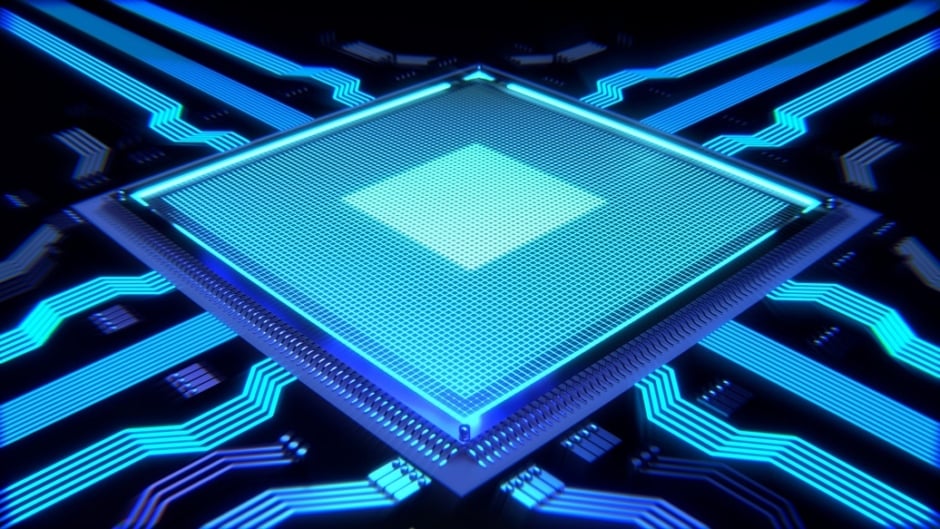ARTIFICIAL INTELLIGENCE has been trained to recognise skin cancers at a level equivalent to dermatologists, according to the findings of a new study from Stanford University, Stanford, California, USA.
A team of computer scientists at Stanford University developed the diagnosis algorithm to spot skin cancers using a database of 129,450 clinical images of skin lesions which consisted of 2,032 different diseases. The team then tested the software with over 370 biopsy-confirmed images and compared the results against 21 human specialists in three key diagnostic tasks: keratinocyte carcinoma classification, melanoma classification, and melanoma classification when viewed during dermoscopy. They found that the algorithm matched the performance of the dermatologists in diagnosing whether skin lesions in the images were cancerous.
The use of an algorithm for the examination of skin lesions continues a trend in computing of combining visual processing with deep learning, which uses neural network aiming to replicate brain functions. “Advances in computer-aided classification of benign versus malignant skin lesions could greatly assist dermatologists in improved diagnosis for challenging lesions and provider better management options for patients,” said Prof Susan Swetter, Veterans Affairs Health Care System, Stanford University Medical Center, Stanford, California, USA, and a co-author of the study paper.
The team also recognised that future applications of the algorithm could be in people’s smartphones which could help scan and diagnose skin cancers outside of a clinical setting. “However, rigorous prospective validation of the algorithm is necessary before it can be implemented in clinical practice, by practitioners and patients alike,” explained Prof Swetter.
Jack Redden, Reporter







